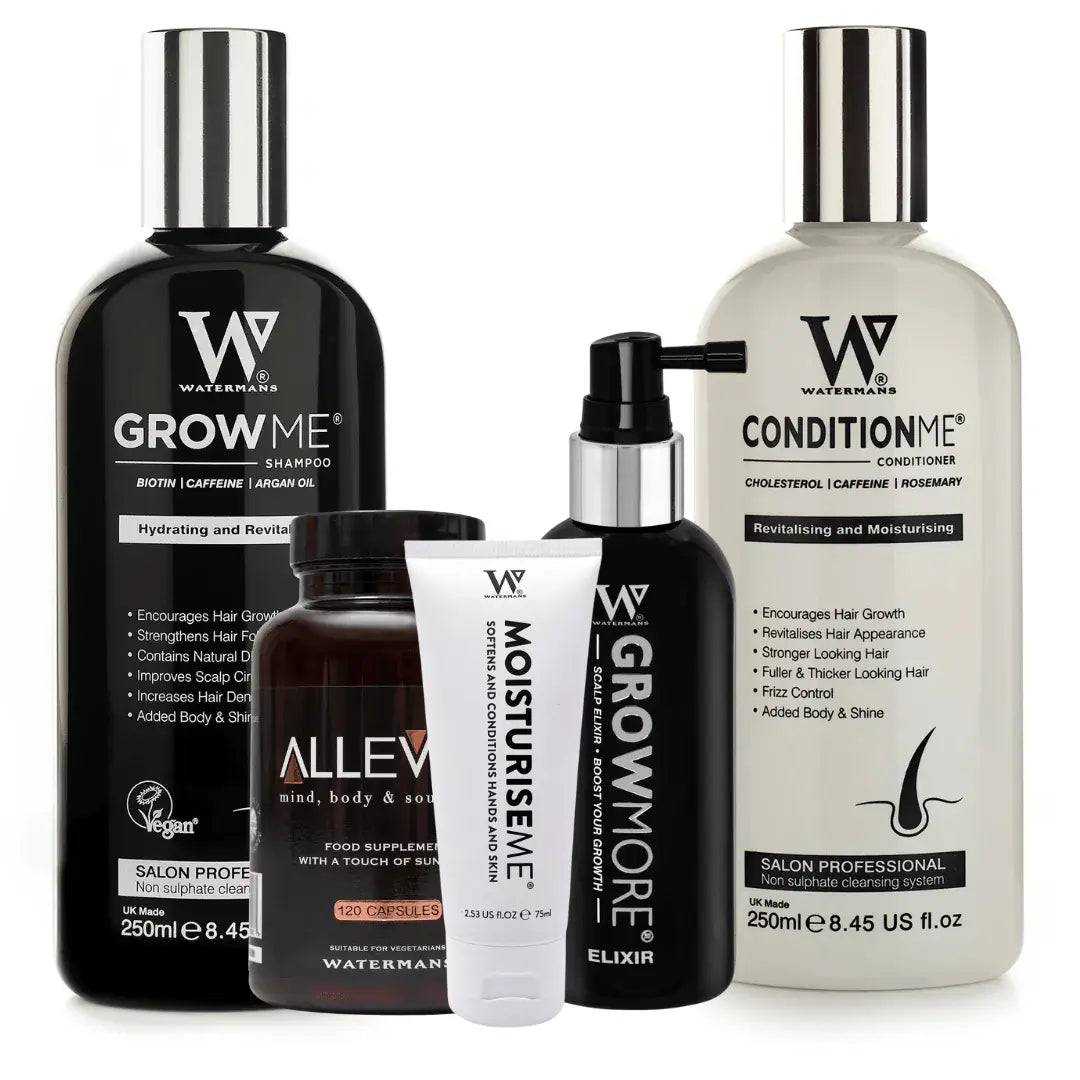
Case Study: Effective Solutions for Menopause Hair Loss
Understanding Menopause Hair Loss: A Case Study
Menopause is a natural phase in a woman's life, but it often comes with a host of physical changes, one of the most distressing being Menopause Hair Loss. This case study explores the experiences of women dealing with hair loss during menopause, the solutions available, and the best products for menopause hair loss.
The Challenge of Menopause Hair Loss
As women transition into menopause, hormonal fluctuations can lead to various symptoms, including hair loss during menopause. A significant number of women report experiencing menopause hair thinning, which can be both emotionally and psychologically challenging. For instance, Sarah, a 52-year-old woman, noticed her hair becoming noticeably thinner over a few months. She felt self-conscious and frustrated, prompting her to seek effective menopause hair loss solutions.
Identifying the Causes
The primary cause of hair loss during menopause is the decrease in estrogen and progesterone levels. These hormones play a crucial role in hair growth and health. As their levels drop, hair follicles can shrink, leading to thinner hair and increased shedding. Other factors, such as stress, genetics, and nutritional deficiencies, can exacerbate the issue.
Exploring Menopause Hair Loss Solutions
After researching various options, Sarah discovered several menopause hair thinning treatments that could help her regain her confidence. Here are some of the most effective solutions she found:
- Topical Treatments: Products containing minoxidil have been shown to stimulate hair growth and are often recommended for women experiencing menopause hair loss.
- Dietary Supplements: Nutrients like biotin, zinc, and omega-3 fatty acids can support hair health. Sarah started taking a daily supplement specifically formulated for women experiencing hair loss.
- Hair Care Products: Using gentle shampoos and conditioners designed for thinning hair can help maintain scalp health and prevent further damage.
- Stress Management: Techniques such as yoga, meditation, and regular exercise can help reduce stress, which is a contributing factor to hair loss.
Finding the Best Products for Menopause Hair Loss
In her quest for the best products for menopause hair loss, Sarah came across a comprehensive menopause kit that included a range of hair care solutions tailored for women experiencing hormonal changes. This kit featured:
- A nourishing shampoo and conditioner that promote scalp health.
- A topical serum with minoxidil to encourage hair regrowth.
- Vitamins and minerals specifically formulated to support hair health during menopause.
After incorporating these products into her routine, Sarah noticed a significant improvement in her hair's thickness and overall health within a few months.
Conclusion
Menopause hair loss can be a challenging experience, but understanding the causes and exploring effective menopause hair loss solutions can make a significant difference. As demonstrated in Sarah's case, a combination of topical treatments, dietary supplements, and the right hair care products can help manage hair thinning during this transitional phase. If you or someone you know is struggling with hair loss during menopause, consider exploring the menopause kit for a comprehensive approach to hair health. Remember, you are not alone, and there are solutions available to help you regain your confidence.













